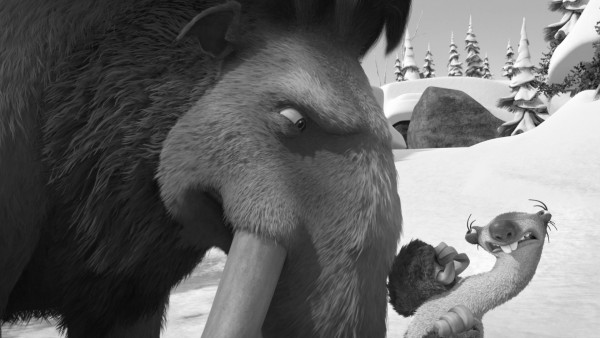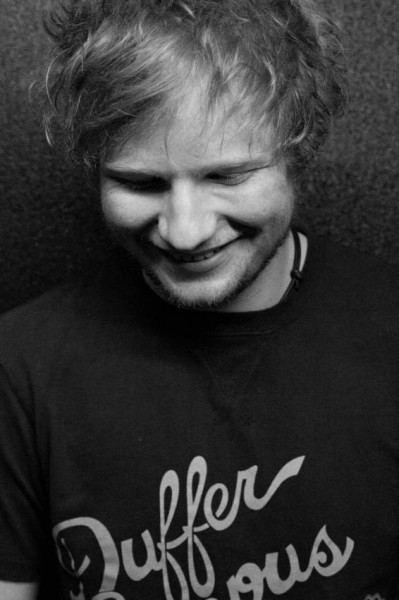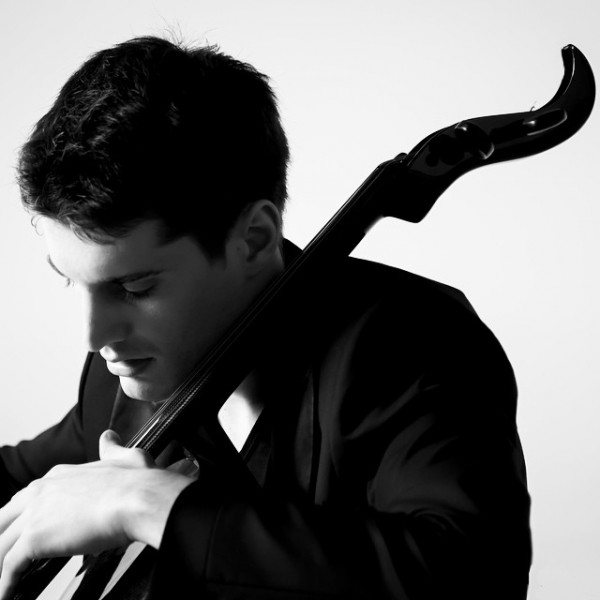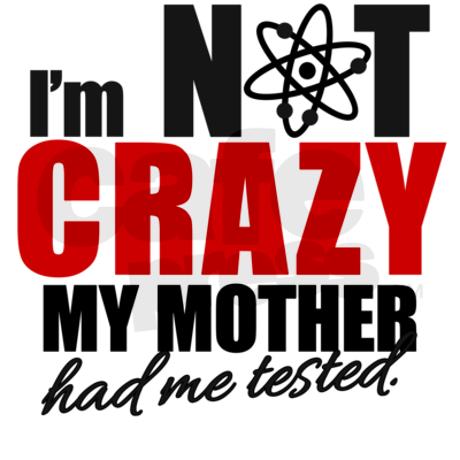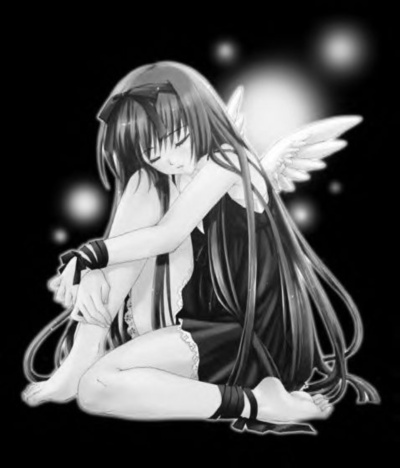“Mummy, if you tell people you are in therapy, they will think you’re crazy.” Pause. “And I’m not saying you’re crazy. I’m just saying that if you tell people you’re in therapy, they will think your crazy.” Trouble is … sometimes I think I am crazy.
Talking about depression is hard, but not for the reasons you’d think. In this part of the world, depression is still considered a ‘white person disease.’ So I suppose it makes sense I have it, since I’ve often been called the whitest black girl around. Also, for some reason, all my baby’s friends (and their parents) claim I talk like a mzungu.
Depression is sometimes seen as a form of indulgence, because the people that admit to having depression are often upper middle class types in ‘prestigious’ industries like media, advertising, entertainment, or NGOs.
I suppose this is partly because it is people from those industries that would be open to therapy, treatment, and diagnoses. It is also people from those industries that can afford treatment, therapy, or diagnoses.
I read a study that said people in developed countries have higher rates of depression than those from the third world. The study concluded that such people have depression simply because they can afford to. And that’s what makes it hard to talk about depression – the fear – not of being thought of as crazy, but of being reduced to a ‘poor little rich girl.’
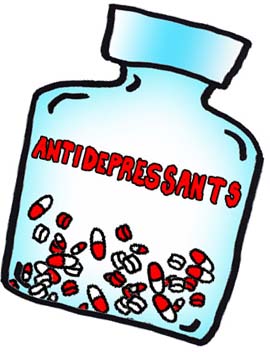
To someone struggling to pay their bills or barely surviving from day to day, I must seem pretty shallow. Someone like me claiming to be ‘depressed’ must seem like an insult of massive proportions. I have a good job, a beautiful child, an above-average lifestyle, yet here I am claiming to be so low that I can barely get out of bed.
Here is a person with more than most people would dream of having … brazenly claiming she wants to die. I guess that’s why I’ve been described as seeking attention, emo, fake-deep, spoilt, bored, undersexed, ungrateful, melodramatic … insane.
And yet that’s what depression is. An inexplicable sickness that mocks all the joys and blessing in your life, leaving you feeling worthless and dead, like your existence doesn’t matter, and like the world would be better off without you.
In many ways, Robin Williams proved that to the world, and by his death, he spoke for all of us that live what he lived. Robin Williams is gone, but by some miracle, we’re still here.
A few days ago, I found out about Project Semicolon. It’s a movement started by Angela Bleuel in honour of her father, who killed himself when she was 18. She started the project to offer hope, love, inspiration, and encouragement to people struggling with depression, suicide, addiction and self-injury. In her words:
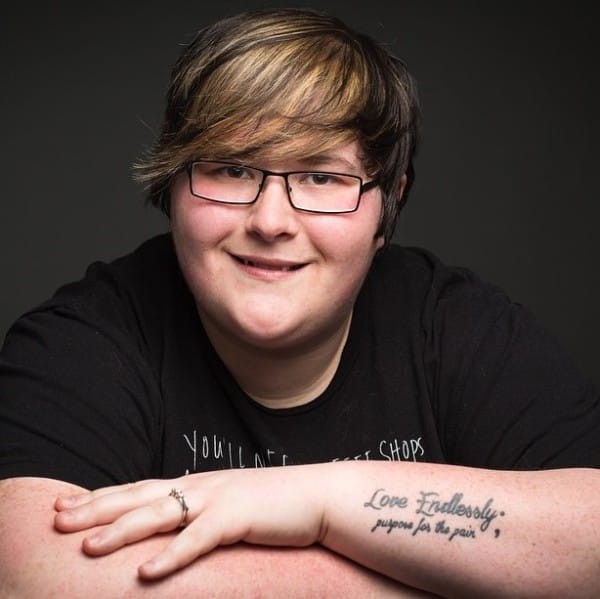
Project semicolon says the tattoo serves several purposes. It reminds the owner that they shouldn’t give up yet. It shows others that this person is a safe space, that they understand, that they can talk about depression, suicide, and self injury. It opens up constructive, sympathetic discussions on self-harm and mental illness.
A few days ago, I got my very own semicolon tattoo. It’s my third one, and for me, it’s a reminder that I’m still here, and that as long as I’m still breathing, there’s always hope. Of course my baby thinks tattoos are super cool, so she showed my latest one to a family friend, and he asked what it was about. He has known me for just over a year, and I see him roughly once a week, but he didn’t know I have clinical depression. In fact, he says I’m the ‘happiest person he’s ever met.’
As we talked about it more, he seemed sobered. He said he’d only heard about things like depression and bipolar on TV, and had never met anyone who had it. He asked if it ‘just about being sad.’ I tried to explain that it was more than that, that in the deepest part of a depressive cycle, you don’t feel sad. In fact, you barely feel anything. You are literally the walking dead, and so you ‘feel’ that you might as well be. That’s what drives a lot of patients to suicide.
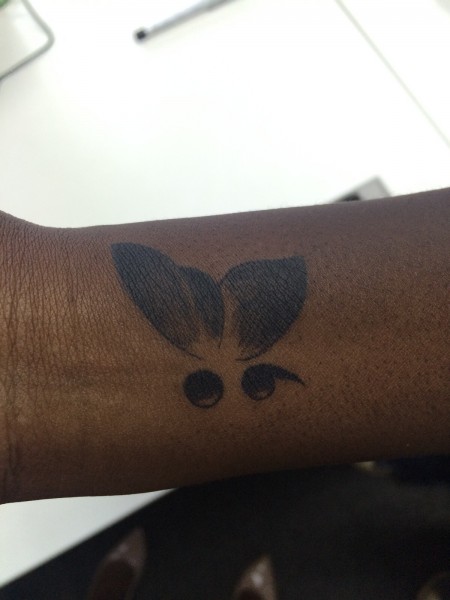
Another cause is the relentlessness of this disease. You have a depressive bout. You see a therapist. You take medication. It lifts. Then after a few weeks, or months, or even years, the cycle re-ignites. Medication. Therapy. Another lift. Another downer. It gets to a point you just don’t want to do it anymore. You think the cycle will never end and you no longer want to waste your energy. Why bother even trying? So you make everything stop.
I could tell by the look in my friend’s eye that he couldn’t understand what I was saying. Especially when he asked in what sounded like puzzled frustration, ‘What’s so bad about not feeling anything?’
I have a few theories. I think that maybe my friend, being an African man, is used to suppressing and even ignoring his feelings, so he doesn’t see what the big deal is. Maybe that’s why more men commit suicide than women. Maybe they’ve been taught to keep their feelings deeply hidden, so even when they get overwhelmed by depression, they’d rather die than admit it. Literally.
Ironically, more women attempt suicide than men. Some people misinterpret this. They think suicidal women are simply seeking attention, while the men actually WANT to die and make sure that they do. They think teenage girls who cut themselves are just trying it out, the way some teenagers do drugs, or booze, or ‘experiment’ with gay/lesbian/bisexual sex. They think our failed suicide attempts are not ‘serious’ or ‘real’, especially when we have more than one.
*trigger warning: methodology mentioned below*
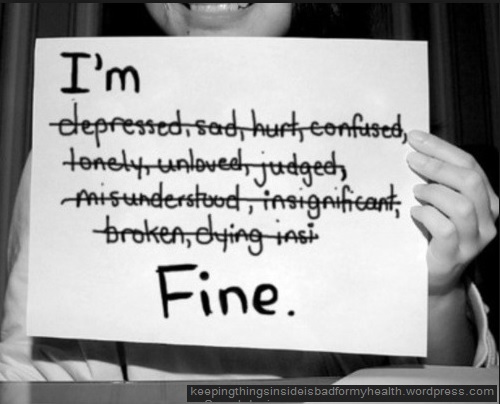
There’s a line I remember from an 80s sitcom called The Facts of Life. In one episode, a girl overdoses and ends up in hospital. Her roommate says something like, ‘She didn’t really want to die. I had this one friend, she jumped off a building during history class. They didn’t find her for hours. Now that’s someone who wanted to die.’
And so you hear that women often attempt suicide by swallowing pills or cutting their hands. And you hear that they ‘didn’t want to die’ because if they did, they’d use a gun, or jump, or hang, or use efficient, ‘manly’ forms of death.
I know that on the three occasions I attempted suicide, I did want to die. I can also say I’m grateful for each failed attempt, because if I had succeeded, I would not be the mother of my beautiful baby almost-teenage girl.
I don’t know why I talk about depression so openly. I suppose it’s because there are people that can’t talk about it. I hope that in some way, my words tell them that it’s okay to be this way, to have this thing. Maybe if they know they’re not alone, then they’ll hold on one more day. Although, I suppose, the people that most need to hear this aren’t people that read blogs. Some of them aren’t people that read at all.

My workmates have started noticing my new tattoo. One asked why I would spend 5K to have someone stick needles in my arm. Another wondered why I chose half a butterfly instead of a full one. A few others mentioned it was pretty. Only one asked what it signified. I told her it was about depression.
“Why would you brand your body with depression?”
“It’s more about getting over depression.”
“You have depression?”
“Yes. I see a therapist every week.”
“But … you don’t look like you have depression.”
“Neither did Robin Williams.”
And for that matter … neither did Omosh.
Oddly enough, some people are offended by my semicolon. They feel that wrist tattoos are only for cutters – people who slit their wrists to deal with the pain of mental illness. I’ve attempted suicide more than once, but I’ve never cut myself, except in the depths of my own mind. For me, the butterfly on my wrist keeps me going. It reminds me that my story isn’t over yet, and that when it is, it won’t be terminated by my own hand.
Ironically, in early programming languages, the semicolon meant ‘terminate’ and was used to end a command. So to some people – especially old school coders – the semicolon tattoo is backfired symbol of hope. I see it differently. Having a ‘terminate’ symbol on my wrist reminds me that the power to end things is literally in my hand. It’s all up to me. It’s a useful reminder to take a step back, breathe, wait this thing out, and live another day. I am my own terminator – or at least, I could be. And every time I look at my tattoo, I choose not to be.
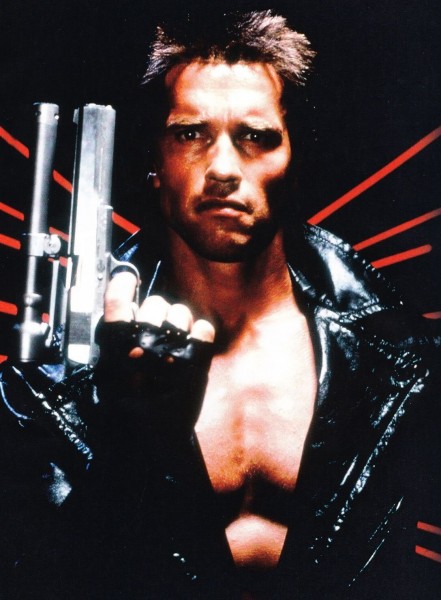
Finding Project Semicolon was a lifesaver for me. I’m in the middle of a depressive episode, and am about to start taking meds. Not many people can tell, because depressives are experts at covering things up. But as my not-so-little girl says, when you’re with someone all day every day, you eventually know all their secrets.
Inside Out is an animated Pixar film about a child with depression. Which makes it sound really terrible, but it’s actually quite cool. There’s a scene *spoiler alert* where the control panel goes dark. The Emotions panic as they realise that they can’t make Riley feel anything at all.
That’s the climax of clinical depression, when you feel nothing. And it’s at that point that many people kill themselves, because they truly believe that their loved ones, their neighbours, their kids – would be better off without them, and that this repressive darkness will never end. It’s hard to pull yourself back from that edge.
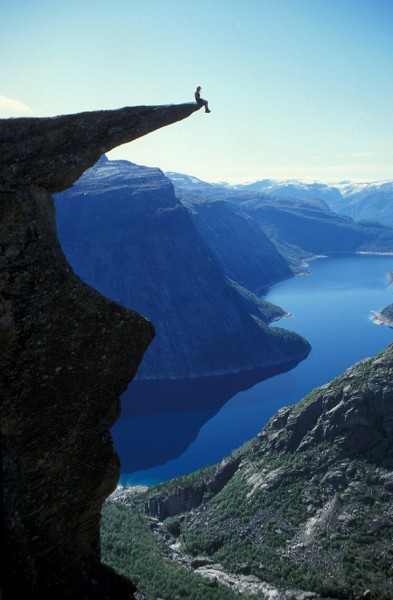
As a person living with depression, I’m training myself to pull back long before I get to that point. When the darkness starts to creep in, I consciously think of my child, and how much she would suffer if I was gone. Then I look at my new tattoo, I breathe, and I say hold on girl, make it through one more day, this sh*t will pass.
It’s not always that easy. I have tons of support. Medication, loved ones, an awesome therapist. And yet there are still days I wake up wishing I had died in my sleep.
I know that I am blessed. I know that not everyone can get the help I’m getting. Not everyone can afford a doctor, or drugs, or a couch, or even the luxury to talk about their suffering. I just hope someone might read this and know they’re not alone, and that maybe the knowledge will keep them going a little bit longer.
Because with every day you open your eyes and face another day, no matter how horrible, draining, or debilitating that day might seem to be, you’re one step closer to getting better. And when you’re in that moment, please believe you’ll get better, because … take it from someone who’s been there … you can’t get much worse.
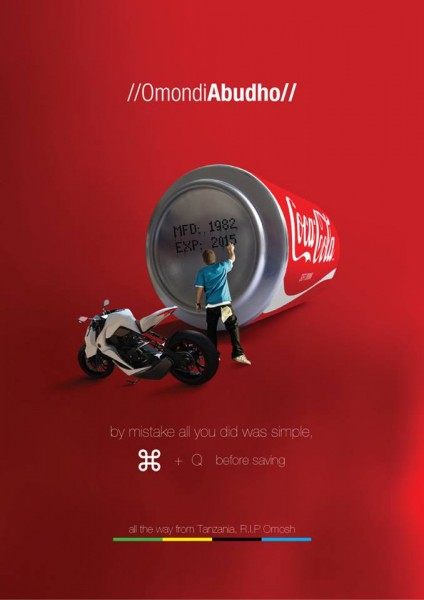
♫ Burn ♫ Ellie Goulding ♫
